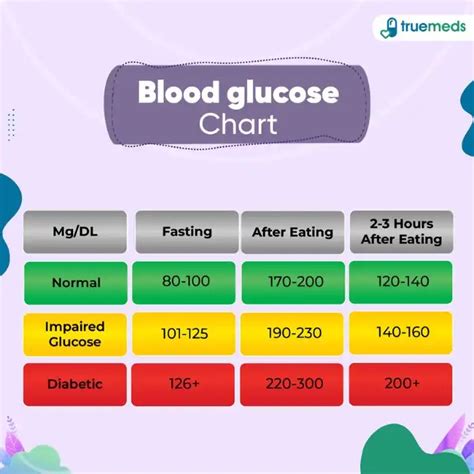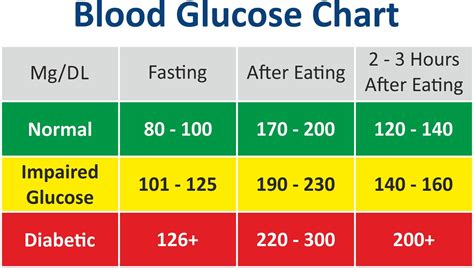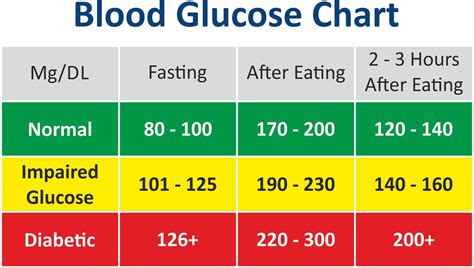Intro
Learn about normal blood sugar levels, glucose monitoring, and healthy range targets to manage diabetes and prediabetes, with expert tips on maintaining stable blood glucose levels.
Maintaining normal blood sugar levels is crucial for overall health and well-being. Blood sugar, also known as glucose, is the primary source of energy for the body's cells. When blood sugar levels are within a normal range, the body functions optimally, and the risk of developing chronic diseases like diabetes, heart disease, and stroke is reduced. In this article, we will delve into the importance of normal blood sugar levels, the factors that influence them, and provide a comprehensive guide on how to maintain healthy blood sugar levels.
The human body is designed to regulate blood sugar levels within a narrow range, typically between 70 and 110 milligrams per deciliter (mg/dL). When blood sugar levels exceed this range, it can lead to a range of health problems, including insulin resistance, metabolic syndrome, and type 2 diabetes. On the other hand, low blood sugar levels, also known as hypoglycemia, can cause symptoms like dizziness, confusion, and even loss of consciousness. Therefore, it is essential to understand the factors that affect blood sugar levels and take steps to maintain them within a healthy range.
Understanding blood sugar levels is critical for individuals with diabetes, as well as those who are at risk of developing the condition. Factors like diet, physical activity, stress, and sleep can all impact blood sugar levels, making it essential to adopt a holistic approach to managing them. By making informed lifestyle choices and being mindful of the factors that influence blood sugar levels, individuals can reduce their risk of developing chronic diseases and maintain optimal health.
What are Normal Blood Sugar Levels?

Factors that Influence Blood Sugar Levels
Several factors can influence blood sugar levels, including: * Diet: Consuming high-carbohydrate foods, sugary drinks, and refined grains can cause blood sugar levels to spike. * Physical activity: Regular exercise can help lower blood sugar levels and improve insulin sensitivity. * Stress: Chronic stress can raise blood sugar levels and increase the risk of developing insulin resistance. * Sleep: Poor sleep quality and duration can disrupt blood sugar regulation and increase the risk of developing chronic diseases. * Certain medications: Some medications, like steroids and certain psychiatric medications, can raise blood sugar levels. * Hormonal changes: Hormonal fluctuations during menstruation, pregnancy, and menopause can affect blood sugar levels.How to Maintain Normal Blood Sugar Levels

Monitoring Blood Sugar Levels
Monitoring blood sugar levels is essential for individuals with diabetes, as well as those who are at risk of developing the condition. There are several ways to monitor blood sugar levels, including: * Fasting blood glucose tests: This test measures blood sugar levels after an overnight fast. * Oral glucose tolerance tests: This test measures blood sugar levels after consuming a sugary drink. * Continuous glucose monitoring (CGM) systems: These systems use a small sensor to track blood sugar levels throughout the day. * Self-monitoring of blood glucose (SMBG): This involves using a glucometer to measure blood sugar levels at home.Benefits of Maintaining Normal Blood Sugar Levels

Common Mistakes to Avoid
When it comes to maintaining normal blood sugar levels, there are several common mistakes to avoid, including: * Consuming high-carbohydrate foods and sugary drinks * Skipping meals or going too long without eating * Not getting enough physical activity * Not managing stress effectively * Not getting enough sleep * Not monitoring blood sugar levels regularlyConclusion and Next Steps

What are the symptoms of high blood sugar levels?
+Symptoms of high blood sugar levels include increased thirst and urination, blurred vision, fatigue, and slow healing of cuts and wounds.
How often should I check my blood sugar levels?
+The frequency of checking blood sugar levels depends on individual factors, such as the presence of diabetes or prediabetes, and should be determined in consultation with a healthcare professional.
Can I reverse prediabetes or type 2 diabetes by maintaining normal blood sugar levels?
+Yes, maintaining normal blood sugar levels through lifestyle changes, such as diet and exercise, can help reverse prediabetes or type 2 diabetes, but it is essential to work with a healthcare professional to develop a personalized plan.
